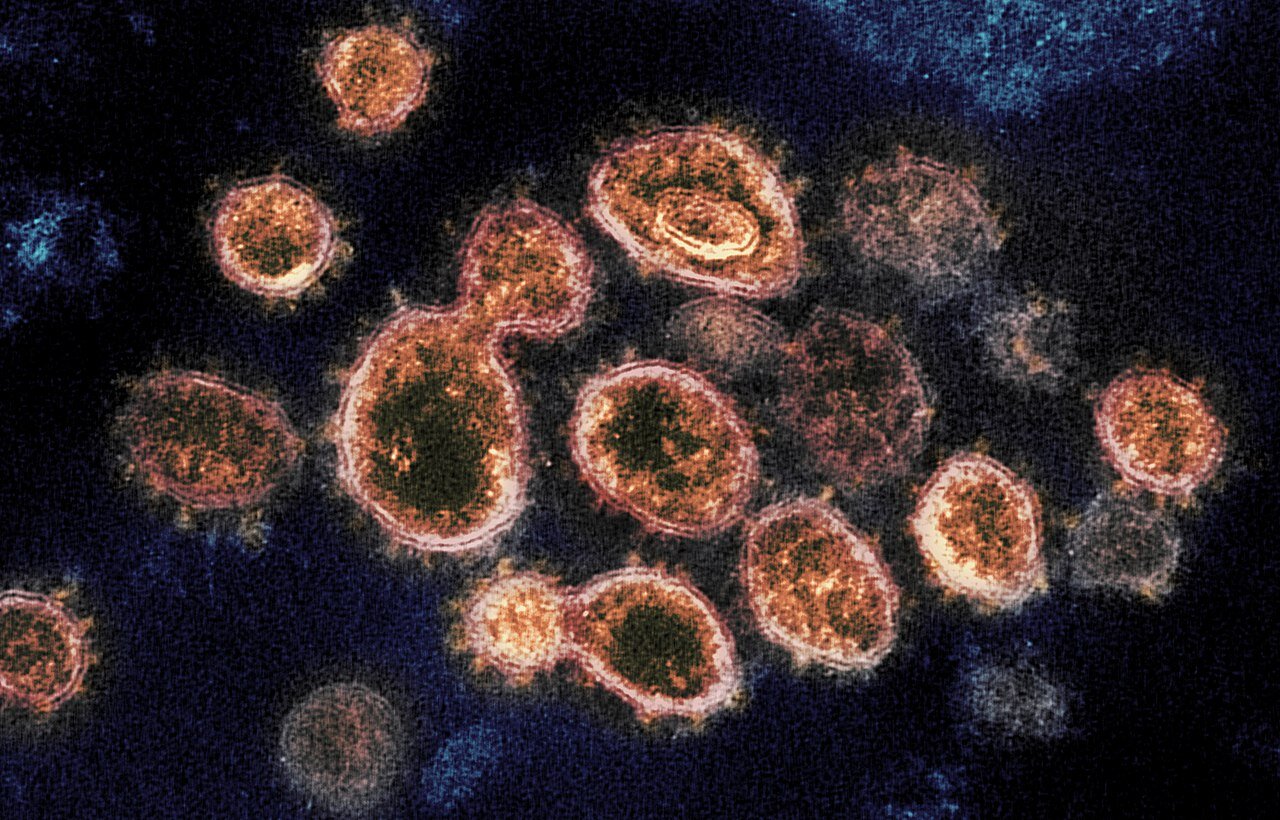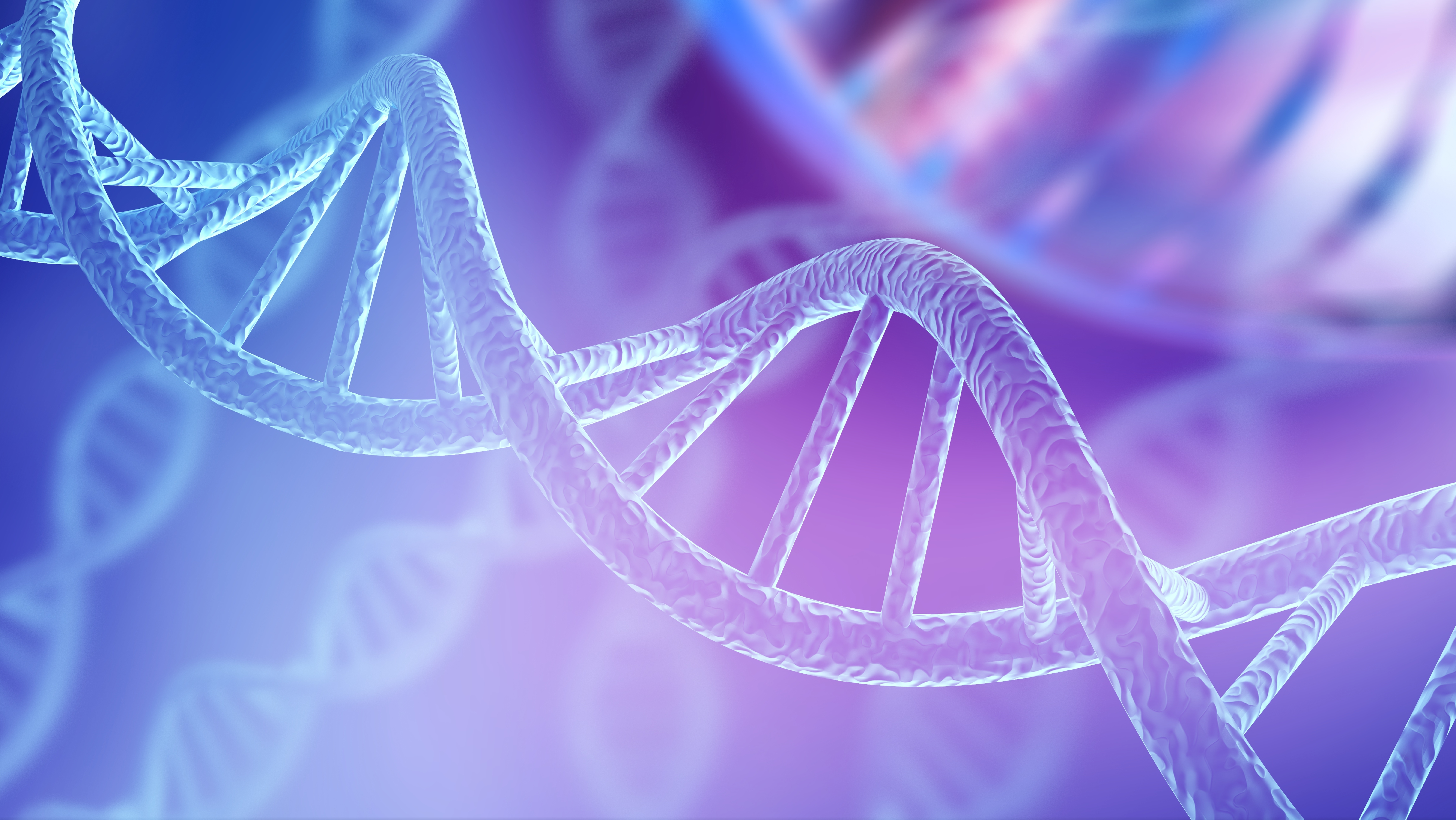In November, voters in Washington D.C. voted overwhelmingly for Initiative 81 which, not completely, but effectively decriminalized ‘entheogenic plants and fungus,’ which were anything considered schedule 1 psychedelic drugs containing psilocybin, ibogaine, dimethyltryptamine or psilocyn.
Now Melissa Lavasani, Founder and Executive Director of the Plant Medicine Coalition advocacy group, which led the fundraising and the passage of that bill, is lobbying for an inclusion of $100 million in federal research grants to the 2022 budget for those looking to study the application of psychedelics for treatment of depression, PTSD, anxiety, and addiction.
“We have an opportunity to develop an entirely new set of tools to address the mental health crisis in our country, and we must seize it,” said Lavasani in a press statement.
“Plant Medicine Coalition is a diverse group featuring the best and brightest, and we are committed to bringing about a society in which plant medicines and other psychedelics are not only widely understood and respected, but are also safely and legally accessible treatment tools for those in need”.
The grants would be included with the 2022 fiscal year budget for the Departments of Labor, Education, and Health & Human Services.
Lavasani took the issue of plant medicines and psychedelic-assisted therapy to heart after ayahuasca and psychedelic mushrooms helped her recover from post-partum depression following the birth of her second child.
Plant medicines in the English world
Used by tribal nations all around the world for thousands of years, plants and fungi containing psychedelic compounds have now been only briefly researched by medical scientists for their effects on human health and pathology.
In the United States, Johns Hopkins University Institute for Psychedelic Research has been churning out papers since it was granted an exemption from the federal government to study psychedelics after the turn of the millennium. They’ve shown that compounds commonly known as magic mushrooms, DMT, and MDMA, have positive, sometimes groundbreaking, therapeutic affects for mental health disorders.
Other English-speaking countries England and Canada are both in and around the same moment as the United States, in which certain plant medicines are being investigated for their therapeutic purposes, while most languish on prohibited substances lists.
Known as the “spirit molecule” dimethyltryptamine or DMT is now being trialed in humans in the UK to treat depression.
Carol Routledge, chief scientific and medical officer at Small Pharma, spoke to The Guardian about the recently approved trial with the Imperial College London, about how the therapeutic affect resembles the shake and settling of a snow globe.
“The psychedelic drug breaks up all of the ruminative thought processes in your brain – it literally undoes what has been done by either the stress you’ve been through or the depressive thoughts you have – and hugely increases the making of new connection”.
“Then the [psychotherapy] session afterwards is the letting-things-settle piece of things – it helps you to make sense of those thoughts and puts you back on the right track. We think this could be a treatment for a number of depressive disorders besides major depression, including PTSD, treatment-resistant depression, obsessive-compulsive disorder, and possibly some types of substance abuse,” she added.
DMT is the principle ingredient of ayahuasca, a kind of tea made by tribes in South and Central America for thousands of years.
Canada meanwhile is approving therapists to possess and consume psilocybin mushrooms. Health Minister Patty Hajdu spoke to the House of Commons in December, describing the law as “controversial for some and not for others, but the doctors that prescribe this therapy wanted to understand what it would feel like and how to best use it to help their patients that are struggling”.



